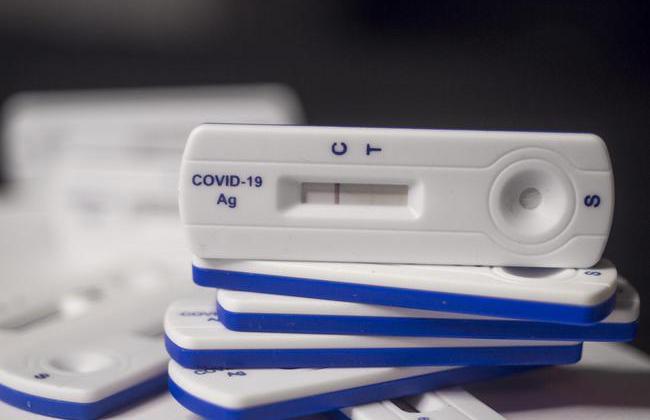Information on Which Rapid Antigen Tests for the Direct Detection of the SARS-CoV-2 Coronavirus Will Be Reimbursable through the GKV Going Forward
With the amendment of the Coronavirus Testing Ordinance (Coronavirus-Testverordnung, TestV) on 29 June 2022, there are new regulations regarding the reimbursement of rapid antigen tests. The only rapid antigen tests (point-of-care antigen tests, POC, here: professional tests) that will be reimbursable at the expense of the statutory health insurance system (Gesetzliche Krankenversicherung, GKV), will be those tests that have been or will be included in the common list of COVID-19 rapid antigen tests of the Health Security Committee of the European Union (Common RAT List of the HSC).

New Regulation Valid As of 30 June 2022
As of 30 June 2022, antigen rapid tests are only eligible for reimbursement by a statutory health insurer if they are listed in the joint list of COVID-19 rapid antigen tests of the European Union Health Security Committee – the "EU Common List of COVID-19 Rapid Antigen Tests", which was approved by the Health Security Committee (HSC). On the website linking to this list you will also find information on criteria for inclusion in the list.
Antigen tests that must be re-certified as of 26 May 2022 must obtain a CE marking from a notified body. Self-certification is no longer possible for new antigen tests.
The previous market overview of antigen tests that meet the minimum criteria of Paul-Ehrlich-Institut and Robert Koch-Institut (RKI), as well as the table with the "Comparative evaluation of the sensitivity of SARS-CoV-2 antigen rapid tests were both discontinued due to the new regulation.
Previous Regulation up to and Including 29 June 2022
Through 29 June 2022, the entitlement to reimbursement was limited to antigen tests that met the minimum criteria for antigen tests set by the Paul-Ehrlich-Institut in coordination with the RKI. These tests were presented in a list that was originally in the responsibility of the Federal Institute for Drugs and Medical Devices (BfArM). Responsibility for the market overview had also passed to the Paul-Ehrlich-Institut with the change of responsibility for these antigen tests under the IVD Regulation (EU) 2017/746 from the BfArM to the Paul-Ehrlich-Institut on 26 May 2022.
In addition, the Paul-Ehrlich-Institut provided a table with the results of a comparative evaluation of these tests. Only the tests that were at least 75 percent capable of detect a very high viral load compared to the polymerase chain reaction (PCR) (CT value 25 or less) were included in the table.



